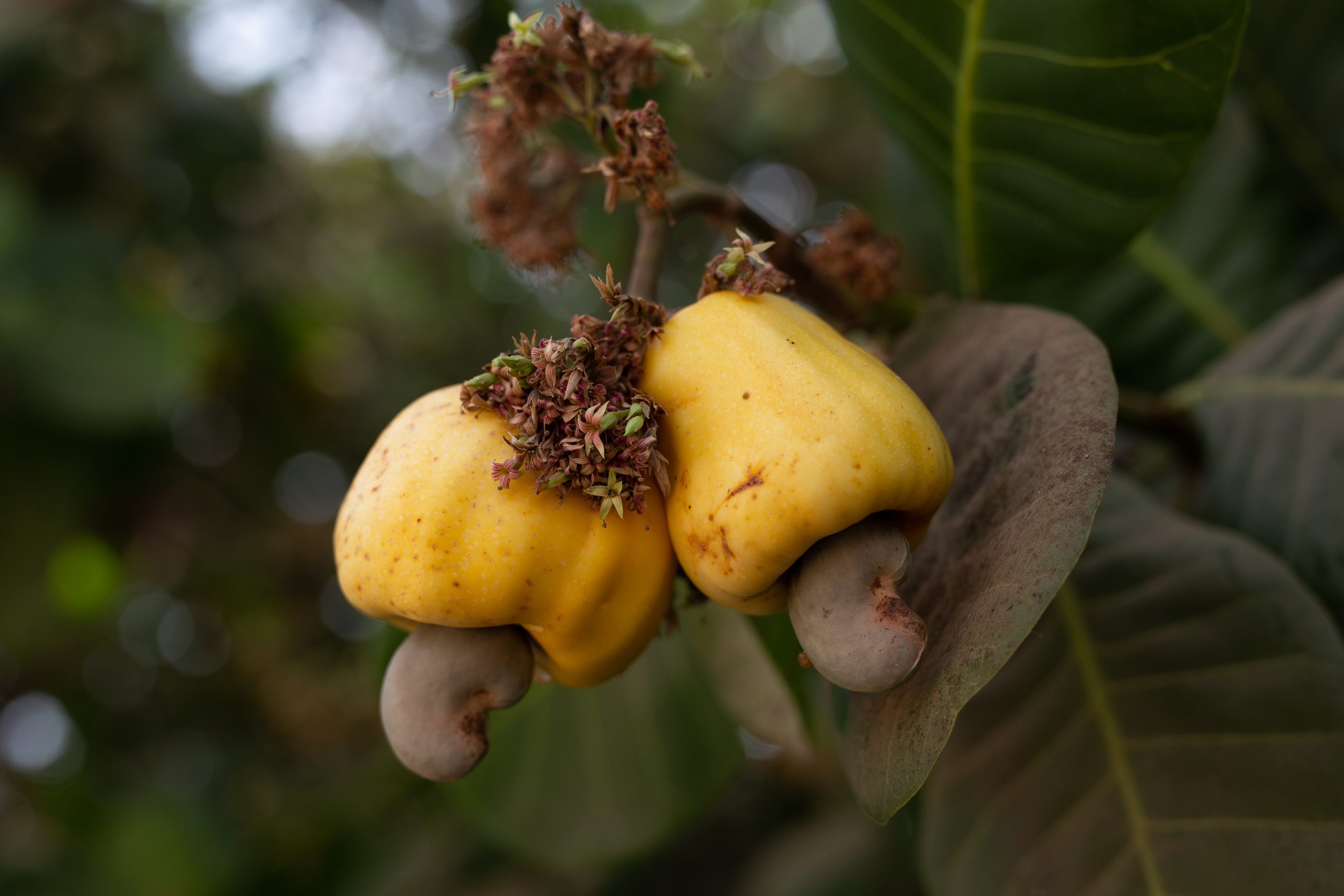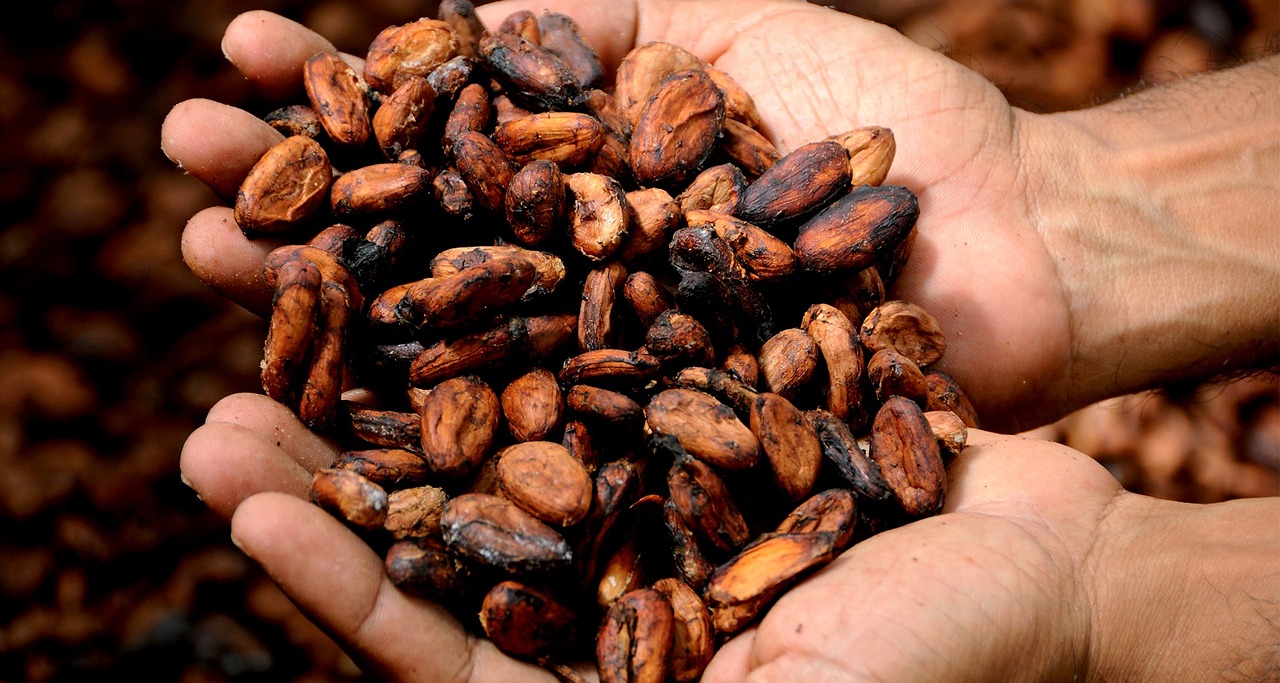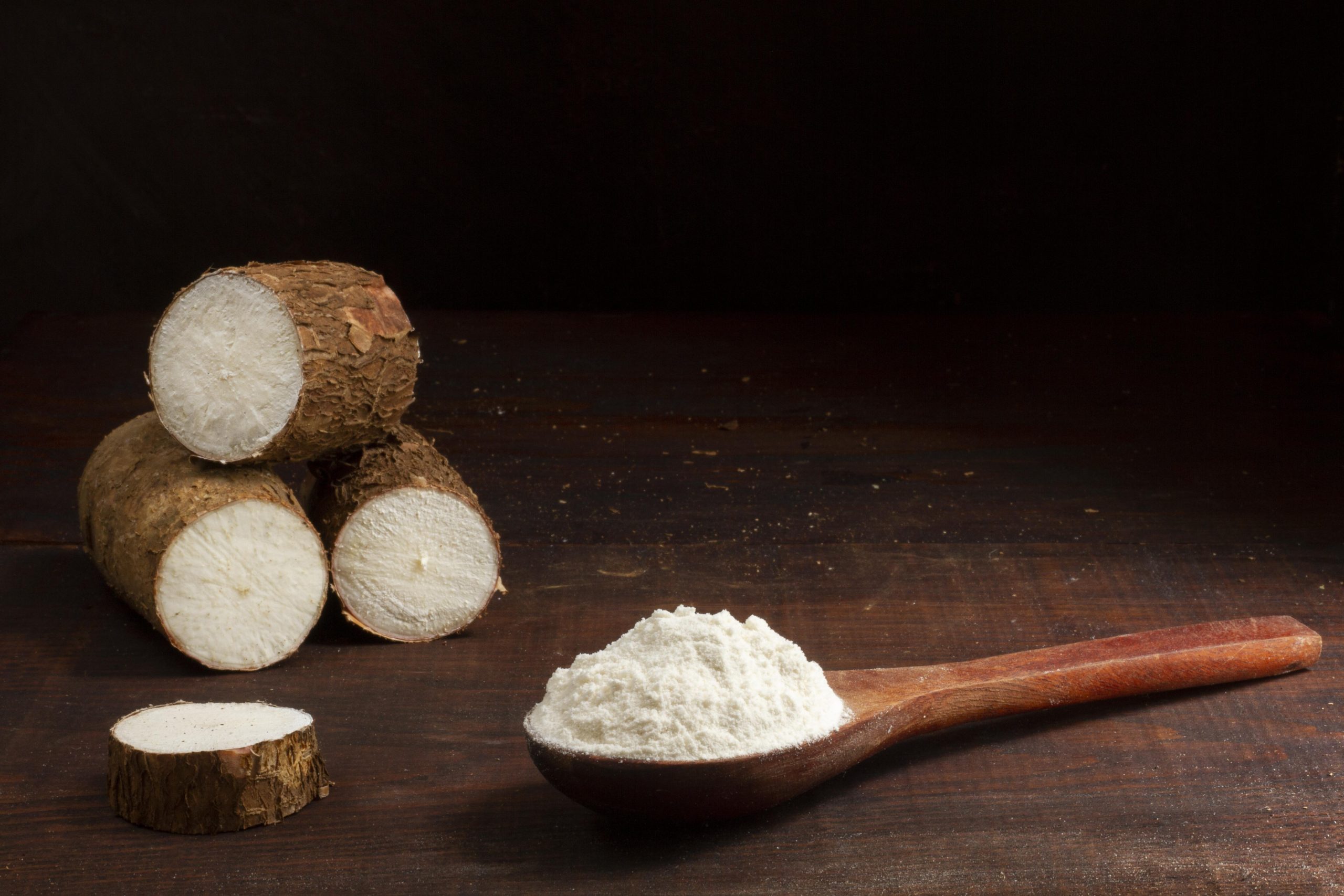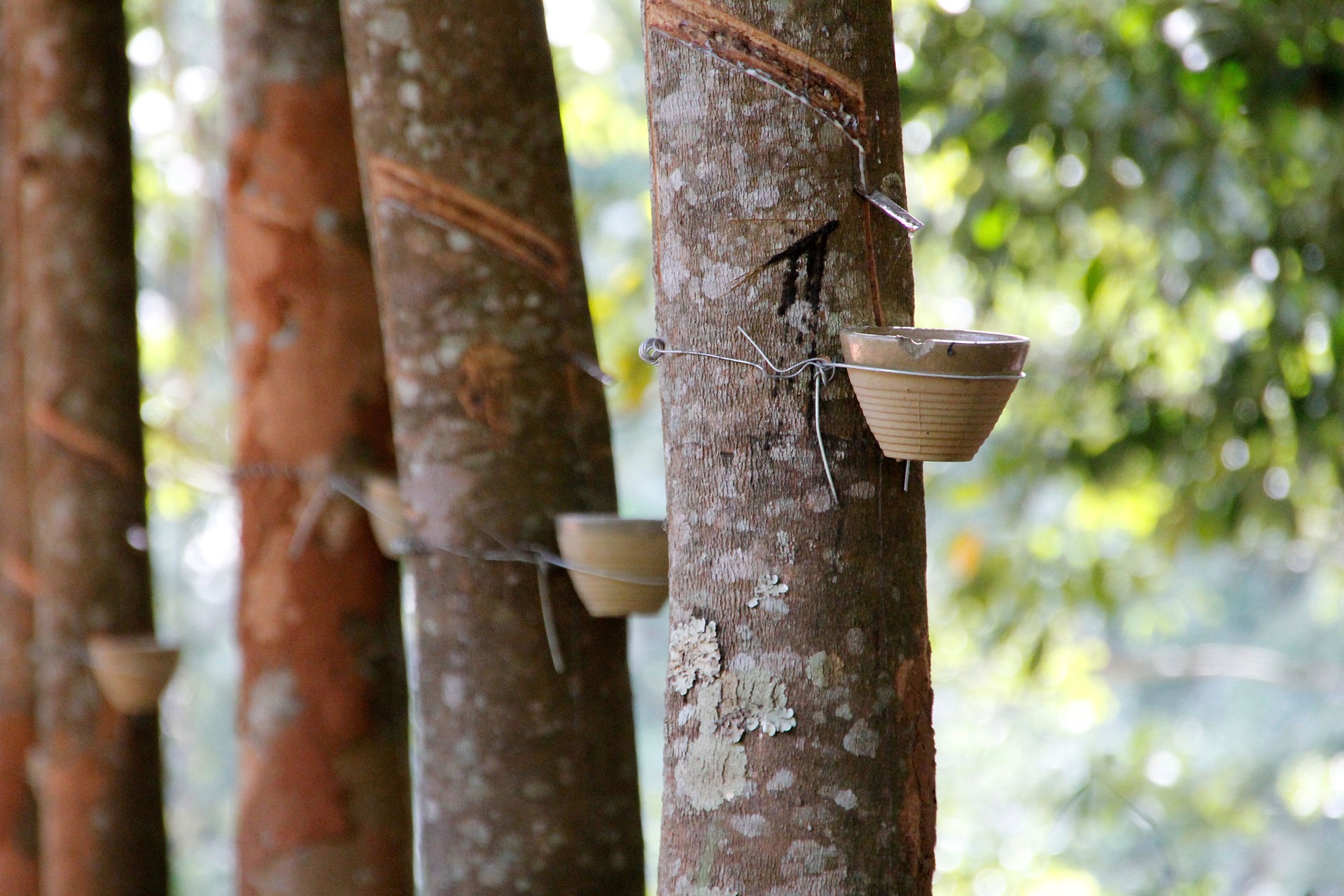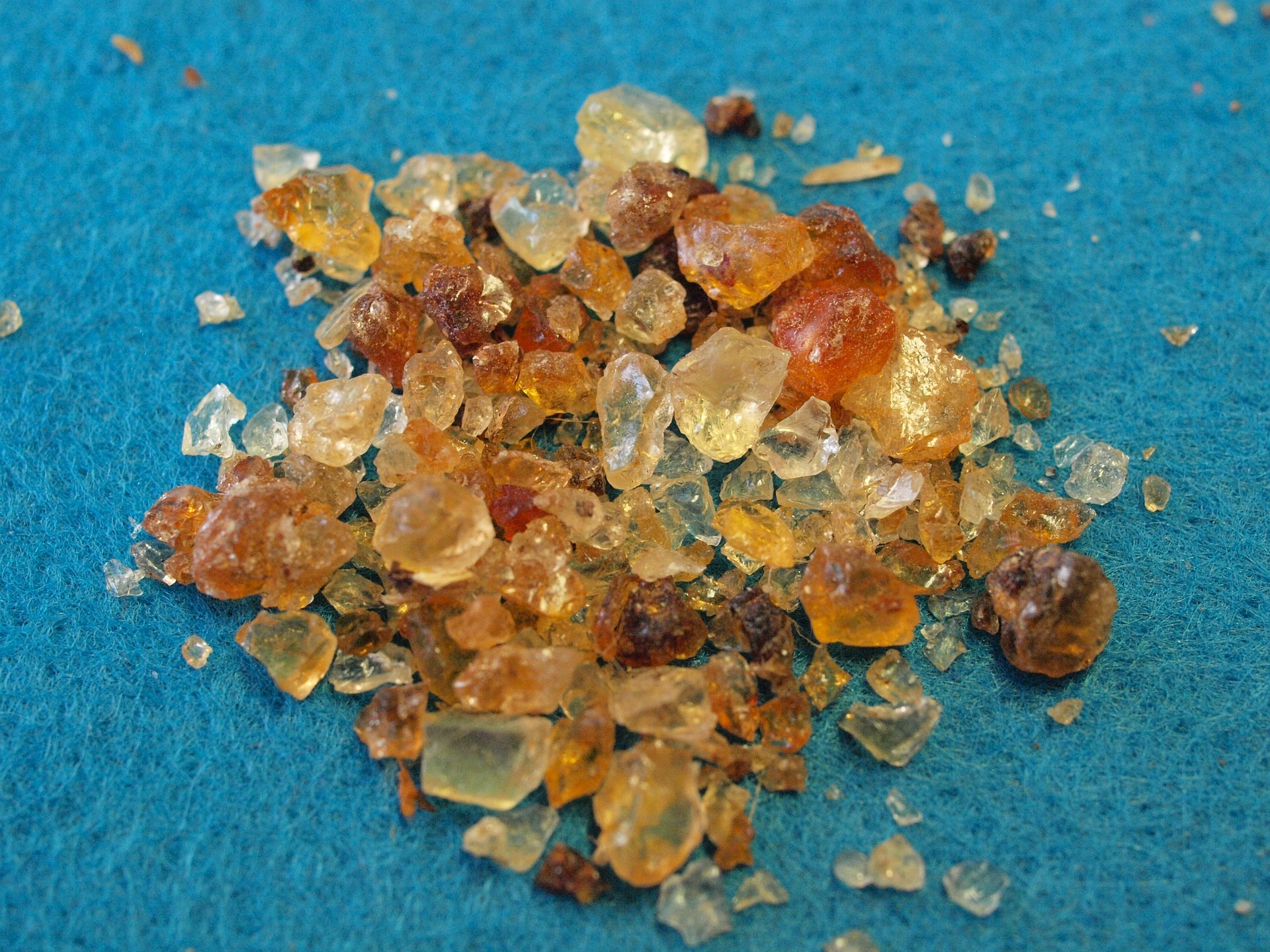Nigeria is one of the world’s top cashew nut growers. Cashew nut exporters have an important impact on the country’s economy. With the increasing global demand for cashew nuts, Nigeria’s cocoa-nut has created several chances for export, which also created a lot of development opportunities in the country.
Processing has also totally become another area of cashew nut exports, because of the rise in demand for processed cashew nuts
Continue reading to discover more. I’ll walk you through the process of exporting cashew nuts from Nigeria and educate you on the prospects and markets that are available to you. Don’t worry whether you want to start a new brand or are already an exporter; this post will provide you with great insights into the Nigerian cashew nut export market.
Potential and Opportunities for Cashew Nuts Exports in Nigeria
Nigeria, is one of the world’s top cashew nut cultivators, with an expected yearly result capacity of in excess of 300,000 metric tons. With more than 70% of its cashew nut yield being sent out to far-off countries, the country likewise has a sizable product potential. The National Cashew Association of Nigeria (NCAN) estimates that exports of cashew nuts brought in over $600 million to the nation in 2019. This demonstrates how crucial the cashew nut sector is to the Nigerian economy.
Cashew nuts are one of the world’s most popular snack foods, and the demand for them has been rising steadily over the years. Growing health awareness and the preference for healthier snacks have both fueled the market for cashew nuts. The demand for cashew nuts has grown even more as a result of their usage in several commodities, including confectionery, baked goods, and nut butter.
The significant foreign business sectors for cashew nut sends are the US, Netherlands, Vietnam, India, and China. Nigeria is a key part of the global cashew nut send-out industry, with the US filling in as its chief market. The Netherlands, Japan, China, and the United Kingdom are a few more important destinations for Nigerian cashew nut exports. For Nigerian exporters wishing to participate in the international cashew nut trade, these markets have enormous opportunities.
In conclusion, Nigeria’s cashew nut business is a substantial economic contributor and has a lot of room for expansion. Nigerian exporters have much potential to grow their businesses and enter new markets due to the rising worldwide demand for cashew nuts and its status as a major producer. Any Nigerian cashew nut exporter who wants to be successful in the business must comprehend the trends in the worldwide market and the major export markets.
Benefits of cashew nuts

As well as being delectable, cashew nuts give various well-being benefits. Coming up next are a portion of the principal benefits of incorporating cashew nuts into your eating routine:
High in heart-solid fats: Cashew nuts are an extraordinary wellspring of monounsaturated and polyunsaturated fats, which might uphold sound cholesterol levels.
High in healthy fats: fiber, magnesium, phosphorus, and zinc, cashew nuts are a phenomenal wellspring of these supplements that are fundamental for keeping solid bones, a sound stomach-related framework, and a hearty safe framework.
Rich in protein, fiber, and minerals: Cell reinforcements present in cashew nuts, for example, vitamin E and flavonoids, assist with protecting cells from hurt welcomed on by free revolutionaries.
Low in sugar: Because of their low sugar content, cashew nuts are a sound nibble decision for those with diabetes or those attempting to restrict their sugar utilization.
May have anti-inflammatory and anti-cancer properties: A few investigations have shown that cashew nuts might have calming and hostile to malignant growth qualities notwithstanding, further examinations are expected to lay out these benefits.
By and large, cashew nuts are a delightful and delicious nibble with various well-being benefits.
Cashew nut processing machine in Nigeria
For the efficient and successful processing of cashew nuts in Nigeria, cashew nut processing equipment is required. Machines for processing cashew nuts come in a variety of designs, including:
1. Cashew nut shelling machine: This device removes the cashew nut’s shell. Its purpose is to split the tough outer shell apart and release the kernel.
2. Cashew nut drying machine: After the cashew nuts are harvested, this equipment is used to dry them. By reducing the nuts’ moisture level, it makes them simpler to transport and store.
3. Cashew nut roasting machine: This apparatus roasts cashew nuts. It aids in enhancing the nuts’ taste and texture, increasing customer appeal.
4. Cashew Nut Peeling Machine: The skin of the roasted cashew nuts is removed with this equipment. The nuts’ look and flavor are improved as a result.
Nigeria is home to many businesses that produce and market cashew nut processing equipment, including Reeyor food and beverage processing equipment, Longer food machinery, and Shuliy machinery. These businesses provide a variety of equipment to accommodate the many steps of cashew nut processing.
Processing Cashew Nuts for Export
A key component of cashew nut exports is Processing. The outer shell of cashew nuts must be removed, they must be dried and roasted, they must be graded, and they must be packaged for export.
The stages in processing cashew nuts are as follows:
Harvesting and collection
Harvesting and gathering cashew nuts is the initial stage of processing them. After being plucked from the tree, cashew apples are allowed to ripen until the nut within is fully developed. After that, the nuts are gathered and separated from the apple. After gathering the nuts, the following steps are necessary;
Removal of the outer shell
This is accomplished by the “decortication” process, which entails shattering the outer shell to expose the edible kernel.
The nuts are dried and roasted after the outer shell has been removed.
Drying and Roasting
The process of drying cashew nuts is crucial since it helps to eliminate extra moisture and guard against deterioration. The nuts are roasted to increase their taste and extend their shelf life. High temperatures are used to roast the nuts, which brings out their natural oils and gives them a distinctive taste and scent.
Grading and packaging
The cashew nuts are sorted by size and quality after drying and roasting. This is a crucial stage because it ensures that only the best nuts are chosen for export. The nuts are then prepared for delivery to different locations throughout the globe by being packed in airtight containers. In order to avoid contamination and keep the nuts fresh throughout shipment, proper packaging is essential.
The Nigerian cashew nut export sector depends heavily on processing. The procedure involves a number of phases, including harvesting and gathering, shell removal, roasting and drying, grading, and packing. Nigerian cashew nut exporters may make sure they create high-quality goods that match the requirements of their clients by carefully following these measures. Therefore, it is crucial to make the appropriate investments in machinery, know-how, and competence to guarantee that cashew nuts are correctly processed and ready for export.
Exporting Cashew Nuts from Nigeria: A Step-by-Step Guide

Nigeria is one of the world’s top cashew nut makers, and for financial specialists and Investors, trading cashew nuts might be a rewarding undertaking. By and by, dealing with the product methodology might be troublesome, especially for people who are new to the field.
This bit-by-bit instructional exercise will tell you the best way to send out cashew nuts from Nigeria, including where to get great nuts, how to set them up for commodity, and how to manage transporting issues.
Step 1: Understanding the Export Process
It is crucial to have a thorough grasp of the export procedure before beginning to export cashew nuts. This entails being aware of the rules and specifications for the export of cashew nuts from Nigeria to other nations as well as the logistics involved in delivering the nuts. Finding reputable shipping and logistics providers, as well as making sure you have the required insurance and paperwork for the cargo, may all fall under this category.
Step 2: Obtain the necessary licenses and permits
The required permissions and approvals must be obtained before Nigeria may export cashew nuts. Some of the licenses needed include a phytosanitary certificate given by the Nigerian Agricultural Quarantine Service, an export license from the Nigerian Export Promotion Council (NEPC), and a certificate of origin. (NAQS). For you not to avoid delays or possibly the seizure of goods, it is crucial to make sure that all paperwork is accurate and up to date.
Step 3: Source quality cashew nuts for export
It’s essential to purchase cashew nuts from reliable vendors since the success of cashew nut exports relies on the quality of the nuts. Nigerian cashew nuts are famous for being of the greatest quality, however, it’s critical to ensure the nuts stick to worldwide principles for dampness content, size, and structure. To ensure a consistent inventory of top-notch nuts, constructing an association with the supplier is likewise basic.
Step 4: Prepare cashew nuts for export
The cashew nuts must be ready for shipping once they have been located. This entails a number of stages, including fumigation, packing, and labeling, as well as quality control and grading.
Quality control and grading:
Sorting the nuts according to their size, shape, and color is part of the quality control and grading process. For export, only nuts that adhere to the necessary requirements should be chosen.
Packaging and labeling:
Cashew nuts must be packed and labeled in clean, dry, strong bags or cartons that can survive the stresses of transit. The product name, weight, and country of origin must be prominently displayed on the bags or cartons.
Fumigation:
To avoid insect infestation while being transported, cashew nuts must be fumigated. Fumigation must be carried out by licensed experts who use recognized techniques.
Step 5: Shipping and logistics
The cashew nuts must be delivered to their final destination after being ready for export. There are various processes involved in this process, including setting up shipment, choosing a freight forwarder, and managing customs clearance.
Shipping:
Cashew nuts may be sent by both air and water. Sea transportation is slower but more economical than air transportation, which is quicker but more costly.
Freight forwarder:
A freight forwarder may assist with shipment arrangements, management of paperwork, and customs clearance.
Customs clearance:
Cashew nuts are subject to examination by customs officers, who will make sure that all required paperwork is in order and that the nuts adhere to import laws in the destination nation.
Cashew nut exports from Nigeria need meticulous planning, close attention to detail, and adherence to rules. Entrepreneurs and investors may effectively negotiate the export procedure and benefit from the expanding worldwide demand for high-quality cashew nuts by following the steps mentioned in this article. We advise anybody who is interested in Nigerian cashew nut exports to do further study and get guidance from industry professionals to assure success.
Conclusion
In conclusion, Nigeria’s cashew nut sector has enormous development potential and offers several chances for business owners and investors. Nigeria may take advantage of the growing demand for this tasty and very nutritious product by processing cashew nuts properly and exporting them. Nigeria has the potential to dominate the global cashew nut industry with the appropriate strategy and dedication to quality.
We urge anyone who is interested in Nigerian cashew nut cultivation and exporting to do more study and use the resources at their disposal to be successful in this business. By doing this, they would support both the expansion of the Nigerian economy and the demand for premium cashew nuts across the world.

